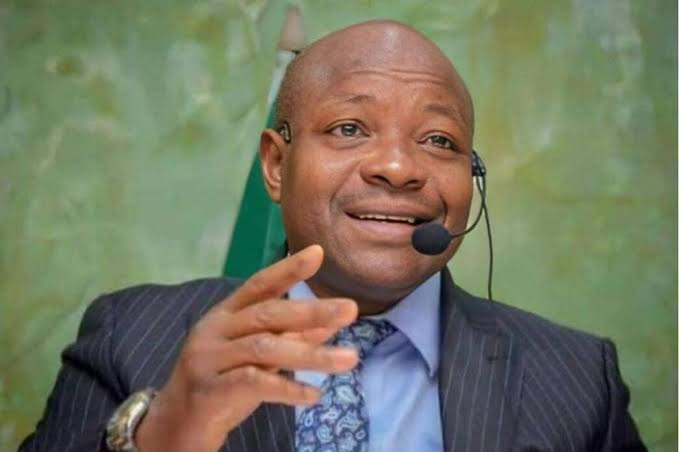The Director-General of the Department of State Services (DSS), Mr. Tosin Ajayi, has continued to chart a new course for the Nigerian intelligence agency—one centered on justice, transparency, and respect for human rights. In a series of bold decisions this July, Ajayi has overseen the release of 12 detainees and approved financial compensation for victims of wrongful detention and excesses during security operations.
Among the most compelling of these cases is that of Abdulyakini Salisu, a stone quarry worker from the Zuba-Kaduna area who had languished in DSS custody since 2022 due to a case of mistaken identity. On Saturday, Salisu walked free. In a move widely praised by human rights observers, the DSS issued a formal apology and awarded him an initial compensation of ₦10 million. Sources within the Service described the payment as a symbolic and practical demonstration of the agency’s new ethical direction.
Salisu’s case came to light following a probe by a special internal review committee established by the DG soon after he took office in August 2024. The committee’s work has already begun bearing fruit, flagging several cases of wrongful arrest and pushing for institutional redress.
Beyond the financial settlement, Ajayi directed that Salisu receive free, lifelong healthcare from the DSS medical facility—a rare gesture in Nigeria’s security history.
This action follows a similar event on July 1, when 11 artisans previously detained in Osun State under terrorism-related suspicions were released and compensated after being cleared of wrongdoing. Those released included Mohammed Adamu, Adamu Abubakar, Mohammed Bindi, and Baba Kura Mallam. Though exact figures were not disclosed, insiders confirmed the DSS paid “several millions” in restitution.
Ajayi’s leadership has gone a step further, mandating disciplinary proceedings against DSS personnel involved in these wrongful arrests. In doing so, the DG is not only addressing past wrongs but also sending a strong message of accountability across the ranks.
In another notable case, the DG ordered full educational reinstatement and a scholarship for Mohammed Ciroma Jr., a 400-level Computer Science student from Modibbo Adama University, Yola. Wrongfully detained under a mistaken charge, Ciroma’s future had been jeopardized—until Ajayi intervened personally, ensuring his return to school and promising to fund his education to graduation.
Security insiders say these reforms reflect the DG’s commitment to reshaping the DSS into a modern, rights-conscious intelligence service. Upon assuming office, Ajayi swiftly banned operatives from publicly brandishing weapons and issued a directive that all operations must follow the principles of legality, necessity, and proportionality.
A senior DSS officer revealed that Ajayi personally monitors all credible media and public complaints involving human rights, regardless of the source. “When Sahara Reporters published the story of Salisu’s detention, the DG didn’t hesitate. He directed a 48-hour investigation, and once the facts were confirmed, he acted immediately,” the official stated.
Ajayi’s leadership style is deeply aligned with President Bola Tinubu’s mandate that national security must never trample on civil liberties. According to DSS officials, Ajayi believes mistakes are inevitable in intelligence work—but what matters is how institutions respond.
“What Mr. Ajayi has done is remarkable,” one senior officer said. “He has taken responsibility, embraced transparency, and is leading with empathy. This is how public trust is built.”
Critics have long accused the DSS of operating under a veil of secrecy and high-handedness, but Ajayi’s reforms are beginning to rewrite that narrative. His actions mark a quiet revolution within Nigeria’s security landscape—one in which justice and national security are no longer mutually exclusive but intertwined.
“Security must walk hand in hand with justice,” Ajayi reportedly told his team during a recent strategy meeting. “We must be courageous enough to admit our missteps, and compassionate enough to make them right.”
Under his watch, the DSS is beginning to resemble the institution many Nigerians have hoped for: one that serves, protects, and listens. With human dignity and legal fairness now at the forefront, the future of the agency seems poised for a more humane and democratic direction.



